After the Final Whistle: The First Rugby World Cup and the First World War
£10.40£12.30 (-15%)
When Britain’s empire went to war in August 1914, rugby players were the first to volunteer: they led from the front and paid a disproportionate price. When the Armistice came after four long years, their war game was over; even as the last echo of the guns of November faded, it was time to play rugby again. As Allied troops of all nations waited to return home, sport occupied their minds and bodies. In 1919, a grateful Mother Country hosted a rugby tournament for the King’s Cup, to be presented by King George V at Twickenham Stadium. It was a moment of triumph, a celebration of military victory, of Allied unity and of rugby values, moral and physical. Never before had teams from Australia, Canada, New Zealand, South Africa, Britain and France been assembled in one place. Rugby held the first ever ‘World Cup’ – football would not play its own version until 1930. In 2015 the modern Rugby World Cup returns to England and Twickenham as the world remembers the Centenary of the Great War. With a foreword by Jason Leonard, this is the story of rugby’s journey through the First World War to its first World Cup, and how those values endure today.
Read more
Additional information
| Publisher | Reprint edition (21 April 2016), Spellmount |
|---|---|
| Language | English |
| Paperback | 272 pages |
| ISBN-10 | 0750969997 |
| ISBN-13 | 978-0750969994 |
| Dimensions | 12.7 x 2.03 x 19.69 cm |

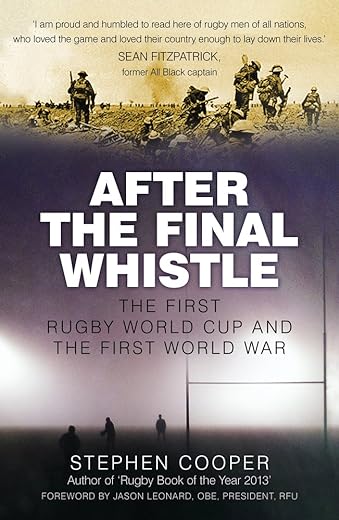
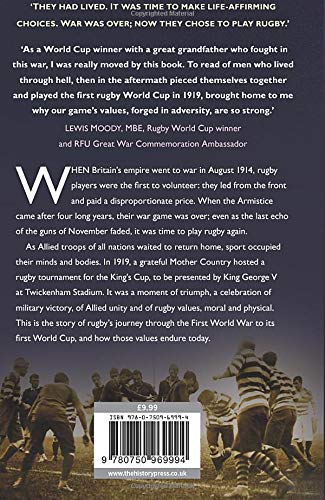
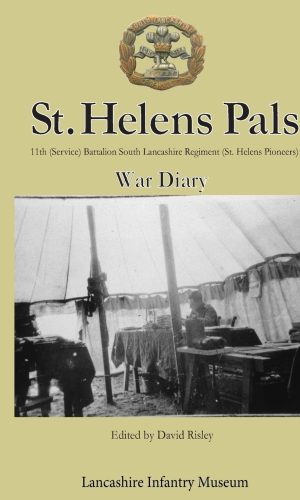
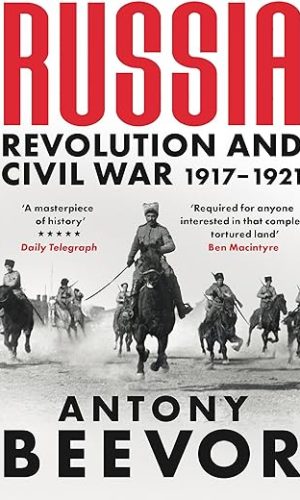

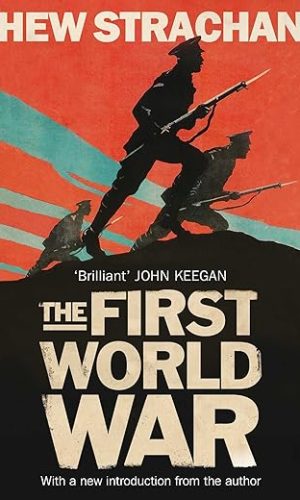
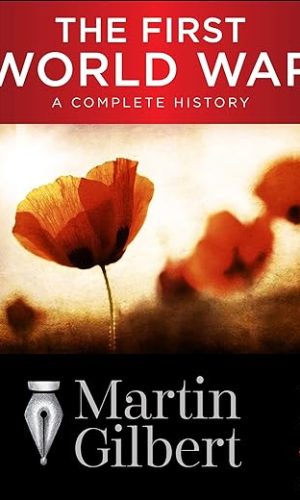
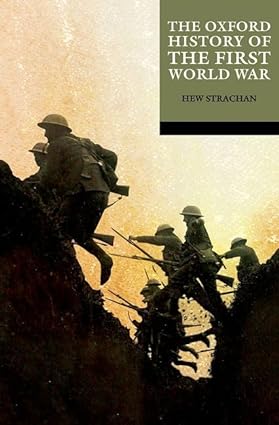
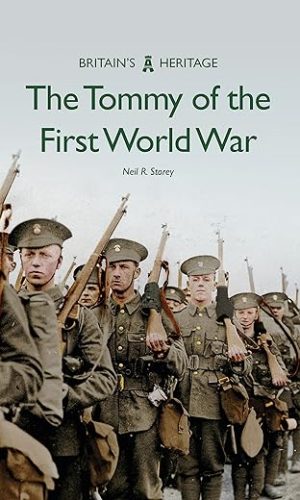
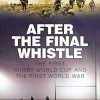
by Rob
After experiencing and enjoying the Rugby World Cup over the last month or so with its attractive modern media presentation and hype what a contrast to read Stephen Cooper’s book. The contrast and gulf between today’s tournament and 1919 is beyond comprehension but Stephen Cooper depicts the prevailing tragic circumstances and horrors of the period in a way that increases my admiration of my forefathers even more if that was possible. It is a compelling read of heroes who cannot be forgotten who played a game we all love. Do not hesitate to buy this book.
by Cat O’ Dea
A good read.
by Mr. Douglas H. Smith
Having listened to Stephen give a talk on the First World War I wanted to read his books myself. This is the follow-up to his 2013 award winning book and is equally as good with the main focus being the First Rugby World Cup. It was an engrossing read covering all the countries who participated and is a timely reminder that rugby is a universal game and so it war. The sacrifice from all countries needs to be recognised and this book does it superbly with a wealth of detail that has the power to fascinate and inspire. You certainly don’t have to be a rugby fan to appreciate this book because it is about people, and often some of the very best.
by Mr. Jonathan F. Jewitt
This is a brilliant book and a must for all rugby fans to see how the rugby fraternity were so enthusiastic to serve their country and the poignant stories of the tragic loss of life that resulted. I recommend this to anyone associated with the game and to spare a thought for the players who gave their life and indeed everyone who gave their lives in this War.
by Amazon Customer
I have known Stephen for some time and so know how well he writes and how much work went into his two companion books – “The Final Whistle” & “After the Final Whistle”. Both my grandfathers survived World War One and, although they lived to a ripe old age, I have always wanted to understand more about the horrors of that conflict. Since I also played rugby for 32 years from age 9 to age 41 (and part of that journey was with Rosslyn Park), reading Stephen’s highly acclaimed work was a no-brainer. Yes, both books certainly do not disappoint!
by Neil Upstone
My daughter bought me the first book and I just had to have this one.
by James Corsan
I bought Stephen Cooper’s excellent previous award-winning book (The Final Whistle – The Great War in Fifteen Players) and this one surpasses it for breadth and depth of research, narrative sweep and the themes the author brings to the surface. With this scale of detail it would be easy to become bogged down in facts but Mr Cooper’s approachable writing style navigates the danger with aplomb. From a modern perspective it can sometimes be difficult to appreciate the prevailing social attitudes of a century ago – e.g. that some regarded war as little more than sport carried on by another name and that team games, particularly rugby, were seen as promoters of potential martial leadership and esprit de corps more than others – but they set a context in which the willingness of rugby players to volunteer and set an example was inevitable. With his latest work Stephen Cooper has not only done rugby – and indeed all sports – fans a great service but again reminded us of the poignancy of the millions of lives lost in the First World War.
by Mark OFlaherty
Fantastic book, amazing how it tells the story of individuals and their impact on the war & rugby!